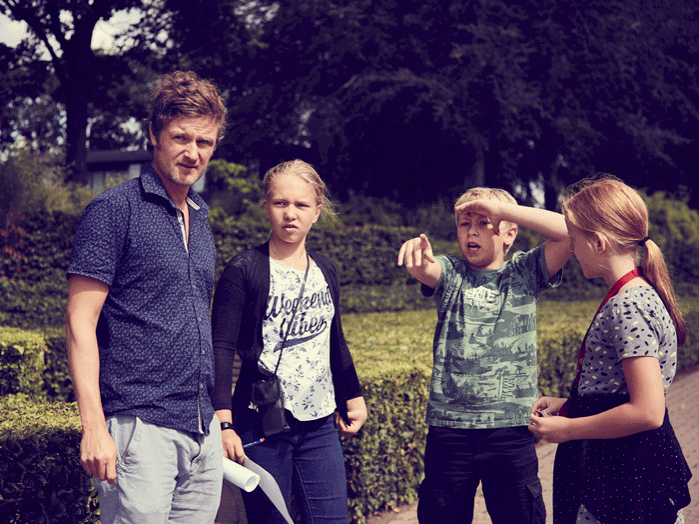Commitment brings value to knowledge
Scientific knowledge becomes relevant to children, parents and citizens as it is created and disseminated in engaging ways. This is one of the key conclusions in the new knowledge journal Engaging Knowledge.
Become aware of the benefits of involving the target audience in your knowledge production and get specific advice on working with the methods.
A photo exhibition where guests take pictures themselves. A theater performance in which the audience contributes to the action. Or a city that invites citizens to participate in raising road safety for the city's children. These are all three examples of engaging knowledge, which in short is about creating knowledge in a participatory way by activating the target group in the production process.
- The contradiction to engaging knowledge is an assumption that citizens lack knowledge and must have it delivered and presented. We don't believe that. In engaging knowledge, on the other hand, we work on the idea that citizens have knowledge, interests and much to contribute. With different methods, you try to speak to people's commitment and meaningful lives, explains Karin Møller Villumsen, science manager at CoC Playful Minds.
- It is this approach to knowledge production and dissemination that we present in our new knowledge journal Engaging Knowledge. We take up the topic because CoC Playful Minds creates products for children with children, we create new learning methods with children and a city for children with children. We will only achieve that ambition if we understand how to engage children, parents and citizens in a participatory way, she continues.
A more user-friendly result
Engaging knowledge is based on the fact that everyone has something to contribute. Therefore, you define as the first target group and invite it early into the process. Together, you map issues and collect data. Afterwards, we look at solutions together and decide what is worth working on.
- Of course, it may interfere with the initially defined goal of the project - perhaps even complicate the process - but the methods strengthen the result and give the target group a meaningful experience of participating and being heard, says Karin Møller Villumsen.
- We are currently trying the approach in a project that aims to increase road safety in Billund so that families and children can move safely around the city. Children and families must create knowledge and ideas together. We want to know how they experience the traffic situation and what experience they have. The result is that we establish so-called security zones around the city. We are constantly testing different formats, where children and other engaged people create knowledge together and disseminate and experience knowledge in new ways, she explains.

Try engaging knowledge
In our new knowledge journal Engaging Knowledge, the reader is presented with a number of recommendations to make it easier to try out the methods.
Here is a sample of good advice you can think of in a project based on engaging knowledge:
- Initially, consider carefully who should participate in the process and what kind of participation you should focus on.
- Be aware of what value the process should generate, but also be open to other benefits that may emerge when you engage with participants and activate their resources.
- Try to activate the participants' senses / body and affect them emotionally so that you stimulate the participants in a deeper sense and not only get their rational input.
- Remember to accept that collective, non-hierarchical, process-based projects can be more messy. Embrace the possibility of unforeseen results.
- Understand your target audience, their assets, needs and interests by spending time with them or by exploring their events, locations and talking to more from the group, including any leaders.


